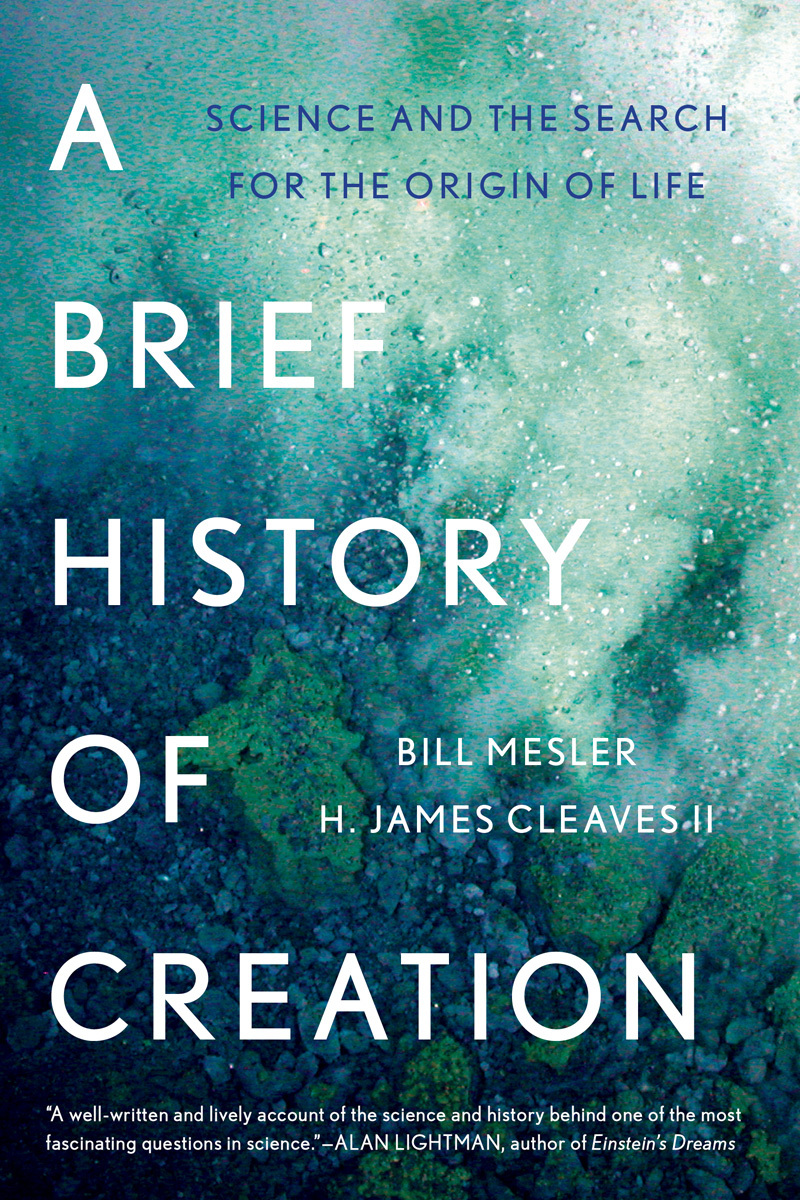What do you think?
Rate this book


336 pages, Paperback
First published December 1, 2015









As much as we wish and believe science to be the pure pursuit of truth unencumbered by human prejudice, it exists and has always existed in a world of human beings, with all of their failings and self-deceptions